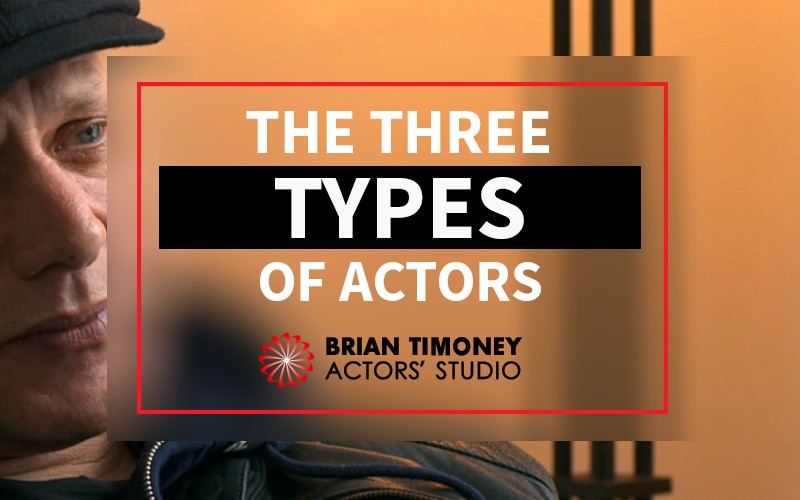Know thyself.
An ancient saying, and the first thing on the list of our Ultimate Acting Rules. To know yourself is to have a deep understanding of who you are, not a vague list of likes and dislikes. You should know the psychology behind why you like and do certain things. Once you know this, you know which buttons to push to get the most out of your performances. Secondary to this is knowing others: if you can understand the types of people and actors your scene partners are, you can work together to make the whole performance greater than the sum of its parts.
We believe that part of “knowing ourselves” is being able to learn and grow as a person. We like our students to be true to their core self, but willing to push themselves and develop as people.
A great actor will develop quickly. To help you get a head start on your career, we’ve explained three types of approach to acting: risk-taking, method, and hobbyist.
The Risk-Taking Actor
He who dares, wins.
Daring, risk-taking performances are those that risk you being ridiculed, or failing. You will fail sometimes; no-one is infallible. They say the greater the risk, the greater the reward – and this is particularly true in a creative career, like acting.
Taking risks helps you to stand out from the crowd, for better or worse; and in your early acting career being memorable is one of the most important things you can do.
Risk-taking also shows a desire to further than just memorising lines. You’re creating an interpretation and showing casting directors that you’re a creative – someone who will help enhance their work, not just parrot it.
The Method Actor
We talk a lot about the method here, and that’s because we swear by it. When over 80% of Oscar winners are method actors, you know there’s something to it. If you study with us, you will learn how to use the method in your acting; but can you use the method to forward your career?
Dress for the job you want, not the job you have.
This saying speaks of tackling your aspirations in a way very like method acting: it says to actively become what you want to be instead of waiting for it to happen to you. When it comes to auditioning, there’s no better advice. Directors and casting agents look for actors who are prepared to commit themselves to a role, so turning up “dressed for the job” is a good sign that you’re the best choice.
Dressing for the job at an audition doesn’t necessarily mean turning up in character; that could be overkill. However, turning up with subtle allusions to the part you’re auditioning for will help them envision you in the role.
For example, Andrew Lincoln – the lead actor on The Walking Dead – wasn’t exactly a household name. When he went to audition for the now-famous role of Rick Grimes, a hardened leader of rag-tag survivors, he’d been coping with the birth of his second child. He naturally looked haggard, and was brusque. He got the part. He might have method acted his way to success by accident, but it was the method all the same.
The Hobbyist Actor
Not everyone who acts is able or willing to turn it into a career. Although my students are committed to acting as a career, there are plenty of people out there – you might be one – to whom acting is a passion and a pleasure, and who don’t want to go through the hard years of trying to earn a living off it before that big break.
As a hobbyist, you’re best off pursuing independent projects or joining community theatre groups. You could even do voice acting or advertising on the side of a full-time job.
In terms of a career, hobbyist acting can be a great choice. Not only are you improving your public speaking skills and charisma, but you’re also forming a network of other hobbyists from all kinds of fields. All that different life experience in one theatre is sure to help you develop an affective memory, and make you a local star!
If you’re currently a hobbyist actor and considering becoming a professional, you may have to re-brand yourself.
So Who Are You?
The best actors are also experts on human nature. When trying to decide what type of actor you are, you should first learn what kind of person you are. One tried and true way of doing this is by discovering your Jungian archetype. Carl Jung’s famous archetypes can not only help you understand your character, but also yourself. Try this quiz to figure out who you are.
If you’re passionate about the method or consider yourself a risk-taker, why not see what we can offer you?


